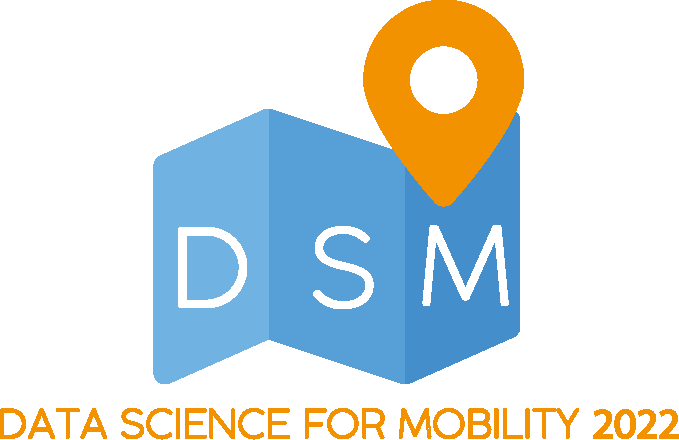Human mobility analysis and simulation in Python
The last decade has witnessed the emergence of massive mobility data sets, such as tracks generated by GPS devices, call detail records and geo-tagged posts from social media platforms. These data sets have fostered a vast scientific production on various applications of human mobility analysis, ranging from computational epidemiology to urban planning and transportation engineering. Despite the increasing importance of human mobility analysis for many scientific and industrial domains, a view on state of the art cannot avoid noticing that there is no statistical software that can support scientists and practitioners with all the aspects mentioned above of mobility data analysis. This hands-on mini-course presents an overview of both analytical principles and modeling principles of human mobility through scikit-mobility, a Python library to analyze mobility data and simulate human mobility habits. scikit-mobility is efficient and easy to use as it extends pandas, a popular Python library for data analysis. In the mini-course, we will show how to use the library for many practical tasks, from visualizing trajectories to generating synthetic data, from analyzing the statistical patterns of trajectories to assessing the privacy risk related to the analysis of mobility data sets.
The following background/material is expected:
- Python programming, and knowledge of Python library Pandas
- installation of library scikit-mobility
- basic knowledge of machine learning (classification, regression, clustering)
Tutor
Luca Pappalardo
Institute of Information Science and Technologies (ISTI), National Research Council of Italy (CNR), Pisa, Italy
 Luca Pappalardo got a Ph.D. in Computer Science at the University of Pisa. He is currently a researcher at the Institute of Information Science and Technologies (ISTI) of the National Research Council of Italy (CNR). His research interests include Data Science and Big Data analytics, with a specific focus on applications like human mobility, social network analysis and sports analytics. He was a recipient of the 2014 Google-ISTAT award on innovative applications of Big Data and he is one of the developer of scikit-mobility, a Python library for human mobility analysis. www.lucapappalardo.com
Luca Pappalardo got a Ph.D. in Computer Science at the University of Pisa. He is currently a researcher at the Institute of Information Science and Technologies (ISTI) of the National Research Council of Italy (CNR). His research interests include Data Science and Big Data analytics, with a specific focus on applications like human mobility, social network analysis and sports analytics. He was a recipient of the 2014 Google-ISTAT award on innovative applications of Big Data and he is one of the developer of scikit-mobility, a Python library for human mobility analysis. www.lucapappalardo.com
